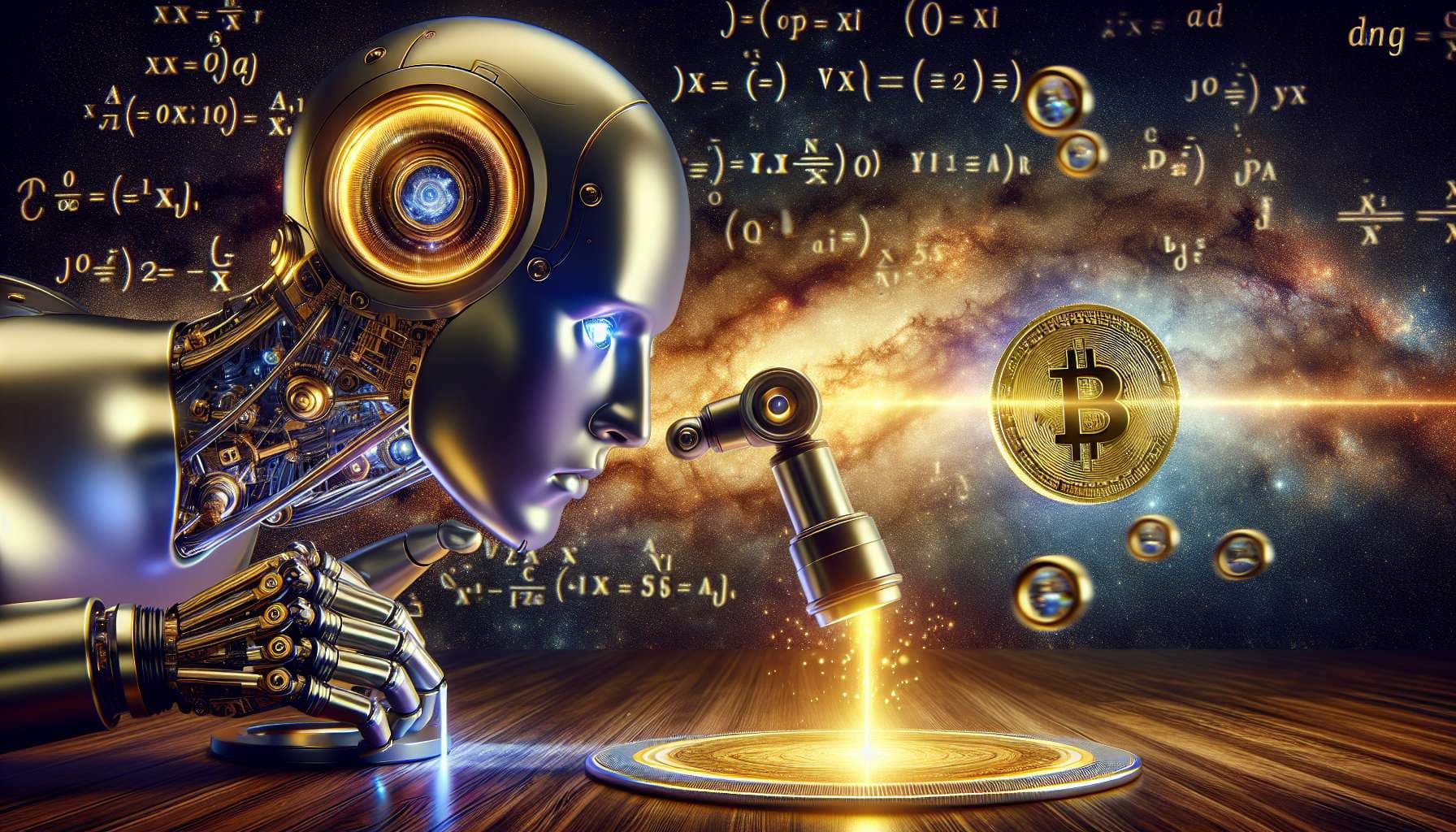
This market resolves once the following experiment is performed:
A superintelligence with more computing power than exists on Earth as of market creation is given full knowledge of physics, human kinesiology, etc. It's hooked up to data inputs that simulate the data a human receives; human eyes, ears, etc. The superintelligence has access to only that limited sensor data; no other information about the immediate environment. It does have access to historical data about all the humans it's going to be interacting with, but only data that could be obtained by normal human observation of them; no brain scans, no database of their previous coin flips, etc.
The experiment takes place in a normal room. The superintelligence does not have any preexisting data about the room, only what it can observe with its sensors and the general facts it knows about human room construction.
A human walks into the room and holds out a normal coin. The superintelligence predicts how the coin will land, then the human flips it. (The human is instructed to flip as randomly as possible, within the confines of what counts as a normal flip. (e.g. the human can't use a separate random number generator.))
For the "single person" answer, this experiment is performed 1000 times with the same person, 1000 flips in a row. The human can take short breaks, but cannot leave the room.
For the "different people" answer, this experiment is performed with 1000 different people. Each one walks into the room, flips, then leaves.
Each answer resolves to the fraction of flips that the superintelligence got correct, normalized to the interval [0, 1]. For example:
If it gets <=50% of them right, the answer resolves to 0%.
If it gets 75% of them right, the answer resolves to 50%.
If it gets 100% of them right, the answer resolves to 100%.
Seems relevant for the question. Just knowing the orientation of the coin before the flip apparently allows for a ~51% probability to guess right.